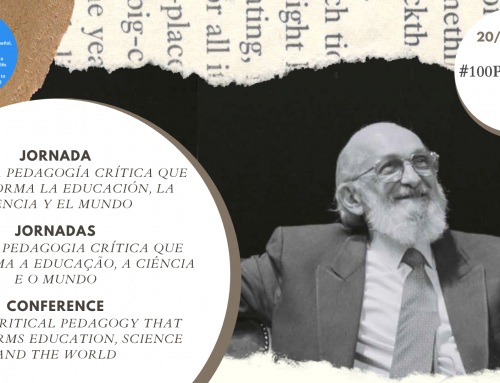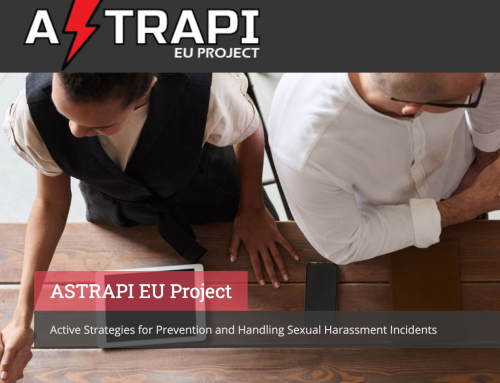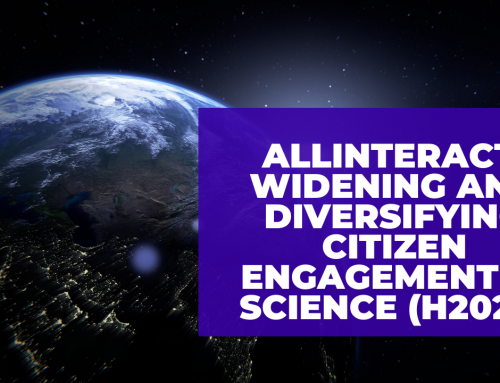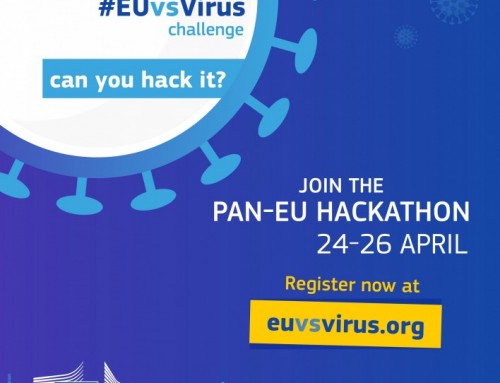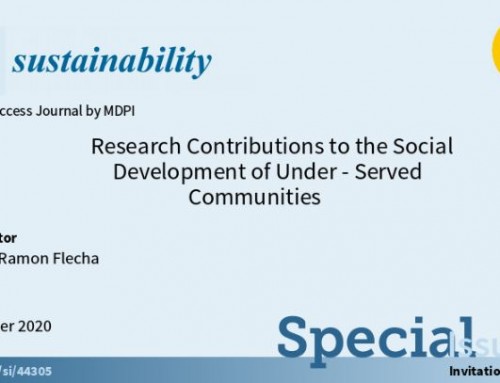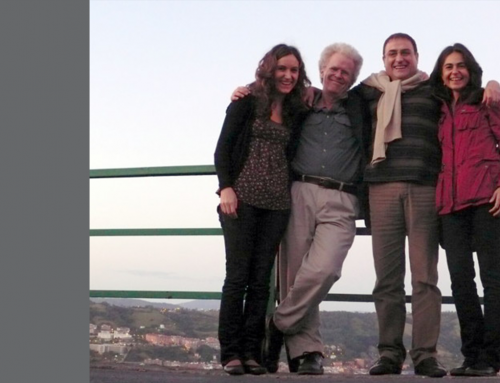If you are a social media user, probably you are making a relevant contribution to the creation of scientific knowledge and to improve humankind. This improvement of the relations between researchers and citizens has been published by the prestigious scientific journal PLOS ONE in the article “Social Impact in Social Media: A new method to evaluate the social impact of research”
PLOS ONE is the world’s first multidisciplinary Open Access journal. The European Commission scientific program has funded a project (IMPACT-EV) whose team has developed a new methodology that has been successful in better connecting scientists with all those citizens using social media. The SISM (Social Impact in Social Media) methodology allow scientist to follow daily the citizens’ usages of their research to improve their lives and the rest of society.
For instance, the SISM allows scientists who have created the EuroFit Programme to closely follow through social media how citizens are using it and to gather evidence of how it is improving their health as well as possible negative consequences. On the one hand, scientists can calculate the social impact of their findings which is now an increasingly demanded component to obtain funding for new research adventures due to the present emphasis in returning to citizens well-being what they are contributing through their taxes. On the other, the evidence researchers are gathering allow them to orient future works, to further investigate the positive effects and how to avoid the negative ones.
Maybe you are not only interested in improving your individual health, but also in the improvement of overall humanity’s health status. Drawing on a research that shows how “If 1 percent of total chicken broiler feed in Europe was switched to the 10 percent NOSHAN mix diet, the total amount of CO2 emissions avoided would be 0.62 million tons each year.” (NOSHAN project coordinator), the article shows how social media users like Zero Hunger Challenge movement, and many other collectives and individuals are disseminating these evidence to contribute to reduce CO2 emissions in the world and to ultimately reduce hunger.
The authors of this methodology working in three different universities (Universitat Autònoma de Barcelona, Universitat de Barcelona and Universidad de Zaragoza) are strongly committed to contribute to potentially transform the relations between science and citizenship, making them both better. One of them was personally hired as an expert by the European Commission to develop the criteria to evaluate political and social impact of all scientific research conducted under the upcoming new European Research Program.

